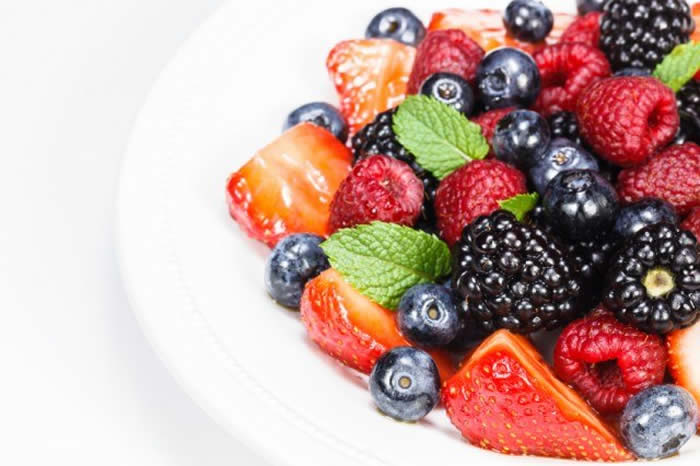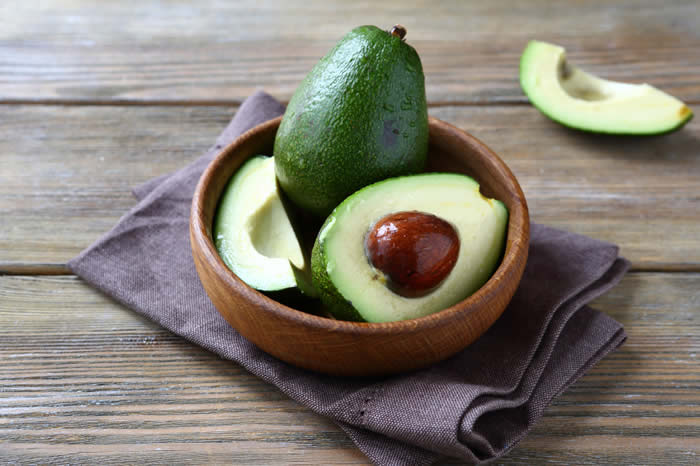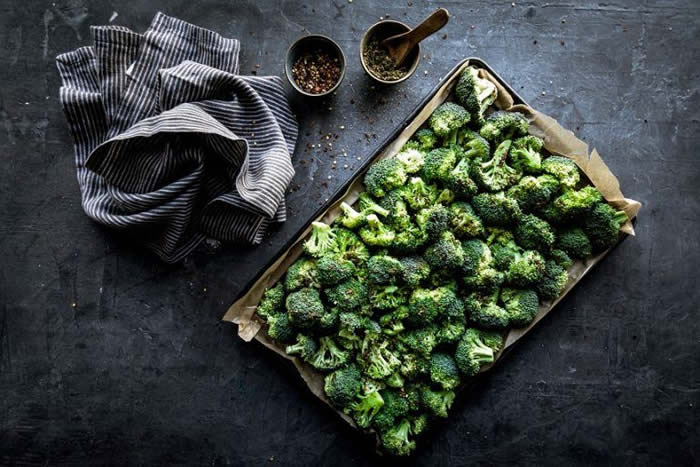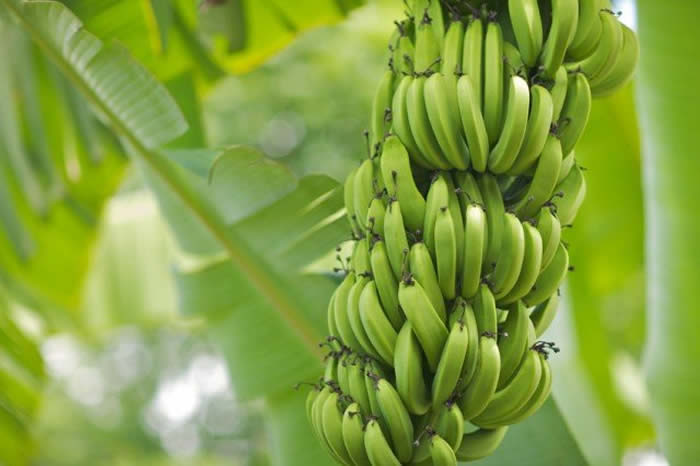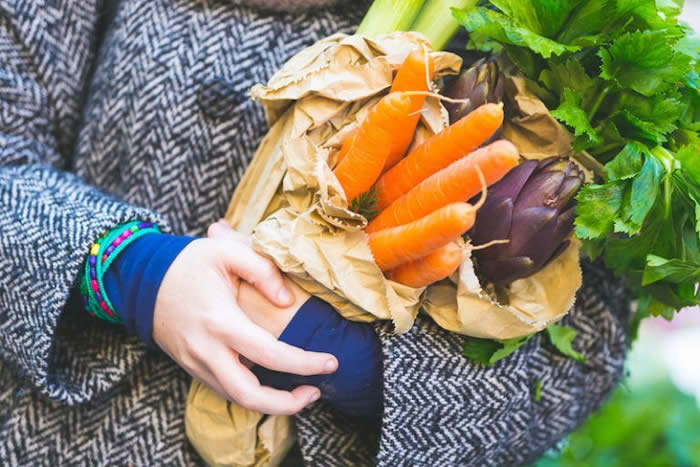Why You Should Be Worried Every Time You Buy Fresh Fruits and Vegetables

Think checking for ripeness is the only thing you have to worry about while buying fruits and vegetables? Think again. Whether it’s a scary FDA regulation, vegetables that are harmful to your body, or produce that can mess with your eye health (yes, it exists!), there are many reasons to be worried when you buy fresh fruits and veggies.
[contentblock id=1 img=adsense.png]
Here are just a few things to keep in mind when scanning the produce aisle at your local market:
1. The FDA is down with contamination
According to the FDA’s Defect Levels Handbook, the Food and Drug Administration is A-okay with contamination. Meaning, they’ve established “maximum levels of natural or unavoidable defects in foods for human use.” For example, if you love yourself some blackberries and raspberries, you better also love yourself some mold. Because, the FDA allows up to 60% of mold to contaminate berry drupes.
Read More: The Best Foods You Can Eat to Prevent Heart Disease
2. The GMO factor … and the scary things that come with it
Fruits and vegetables have a life cycle of their own. One that helps them grow into, well, a specific fruit or vegetable. That said, genetically modified fruits and vegetables can react in strange ways. You may notice your strawberry seeds start to sprout — while still on the plant — or, your avocado’s core make its own attempt at farming (and succeeding). To avoid these bizarre things from happening, it’s best to stay away from GMO fruits and vegetables.
3. Many popular salad veggies shouldn’t be eaten raw
Think raw veggies are good for you? Think again! There are actually some vegetables out there that can be harmful when ingested raw. According to Sarah from The Healthy Home Economist, “cruciferous vegetables should be cooked before eating as they contain chemicals that block the production of thyroid hormone in your body.” Some of the most common cruciferous veggies include: broccoli, kale, cauliflower, cabbage, and arugula. But, that’s not all. Sarah also suggest steering clear of raw veggie greens, such as spinach, parsley, and chives, too. “Some veggie greens contain a chemical called oxalic acid,” the best-selling author writes. “Oxalic acid is a very irritating substance to the mouth and intestinal tract. It also blocks iron and calcium absorption and may contribute to the formation of kidney stones.”
[contentblock id=2 img=adsense.png]
4. They may be good for you, but they can be toxic to your dog
If your dog loves table scraps, you may want to rethink feeding it fruits and vegetables. Or, at the very least, the following:
- Onion
- Garlic
- Grapes
- Apricot
- Apple seeds
And that’s not even all of the fruits and vegetables that are considered toxic to animals. If you want to feed your pet a piece of fruit or veggie, we recommend doing a quick Google search to find out whether or not it’s safe to do so.
Read More: 10 Foods Proven to Cure Your Headache ASAP
5. Produce is often picked before it’s ripe
Because produce can lose a majority of its nutrient value once harvested, fresh produce is often picked before it’s even ripe. That said, because fruits and veggies are picked before they’re ripe, they don’t have enough time to develop their full potential of vitamins and minerals.
6. Some fresh fruits and vegetables can trigger heartburn
If you experience episodes of heartburn, you may want to reconsider your choice of fruits and veggies. As fruits and vegetables high in acid think: tomatoes, pineapples, and lemons — can actually trigger heartburn. When shopping for fresh produce, ensure to add pH balancing items, or items that are low in acid into your cart.
[contentblock id=3 img=gcb.png]
7. Certain vegetables can turn your skin yellow … and mess with your eye health
Laugh all you want, but the childhood rumor about eating too many carrots and turning orange (or, yellow) can actually come true. It’s called hypercarotenemia and can occur when you ingest too much beta-carotene.And while it’s considered a harmless side-effect, there are some studies that show eating too many carrots can have a negative effect. According to scientists at Ohio State University, too much beta-carotene can “block some actions of vitamin A, which is critical to human vision, bone and skin health, metabolism and immune function.”
